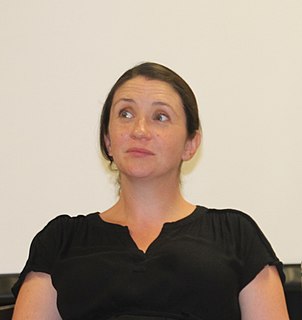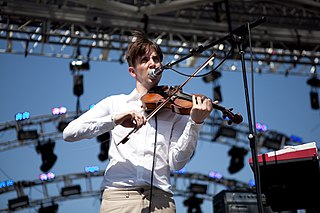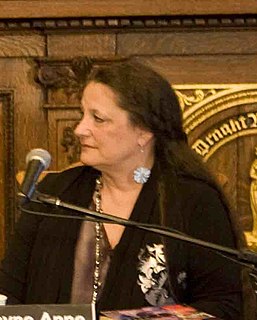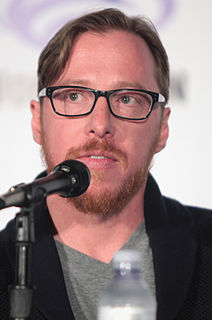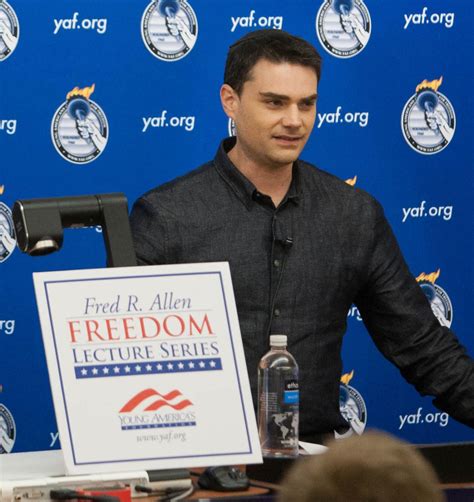A Quote by J. Courtney Sullivan
The hardest part about writing fiction is finding long stretches of time to do it: for me, this means writing mostly on Saturdays and Sundays. But I am always thinking about my characters, jotting down ideas in stolen moments and hoping I'll be able to make sense of them when the weekend rolls around.
Related Quotes
I was able to notice in a very early stage, there were discrepancies between the people who are writing the songs and discrepancies about the self that I was writing about. I was feeling that there were all these different people, both writing the record and having the record being written about them, even though ostensibly it was me sitting down and documenting a series of life experiences. Part of that, when I recognized this unconscious thing I was doing, was about these spaces, about these gaps.
Writing fiction, for me, is a more indirect form of self-exploration than writing verse. When I'm working on a novel I'm moving characters around and I'm thinking about plot and there's a lot of other things going on at the level of structure and story. With a poem, a single idea or line or emotion can sometimes be enough - there's often a sense, in the best poems, of capturing a single instant. Perhaps poems differ from prose in the degree of solace they can offer - by speaking so personally, so directly, about shared experience. A few lines of poetry can provide comfort.
Music and writing do fold together in the sense that you have to have a certain level of skill in order to execute your ideas and you need a medium. The idea of improvisation is one that many writers fall into, and I improvise a great deal when I'm writing, but there's a structural framework that I'm working around, and that takes more time than the actual writing. Once the characters get to yapping and talking, they'll move from one room to the next, and I just have to make sure that the house is built. That's really hard, that's the kind of thing that sits with you all day long.
Once a poet always a poet, and even though I haven't written poems for a long time, I can nonetheless say that everything I've ever learned about writing lyrical fiction has been informed by three decades of writing in lines and stanzas. For me the real drama of fiction is almost always the drama of the language.
So the fact that there's someone who's planning what happens to the characters, writing it down, means that the characters always have a fate. And when we think about fate, we tend think of it as the thing we would have if we were literary characters, that is, if there were somebody out there, writing us.
The secret to writing is writing. Lots of people I know talk about writing. They will tell me about the book they are going to write, or are thinking about writing, or may write some day in the future. And I know they will never do it. If someone is serious about writing, then they will sit down every day and put some words down on paper.
I work via the high-tension-wire method, which is maybe going for long periods without writing while the tension builds up - when am I going to write this, am I going to be able to write this, what is this image about - and I'm thinking about it all the time, but I'm not really inside it, inside the writing.
For me, the hardest part is getting up and writing, that's the hard part. I always felt like I could teach someone to direct if I really had to. I feel like it's a skill that's passable, but writing... writing is the worst. That's what I'm doing right now, it's just the hardest thing that you'll ever do.
I guess it must be a time-of-life thing, looking back and trying to make some sense of who I am and where I've been. It's a weird thing, having to give an account of yourself, to try to make sense of yourself for yourself. I'm not that old, but I have been writing fiction professionally for a long time now. I started so young and went so hard for so long. And I guess it was about feeling I had the space to look over my shoulder.
